Life
Sign up for our newsletter
We summarize the week's scientific breakthroughs every Thursday.
-
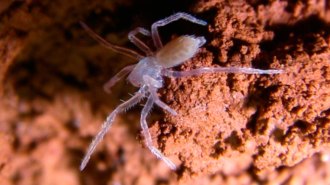 Animals
AnimalsThis spider makes its home in the burrows of extinct giant ground sloths
Caves made by extinct giant ground sloths make the perfect home for a newly discovered type of long-spinneret ground spider from Brazil.
By Jake Buehler -
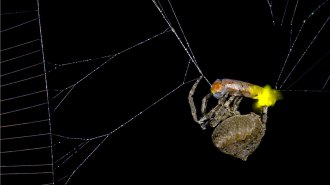 Animals
AnimalsThis spider uses trapped fireflies to lure in more prey
Male fireflies trapped in the spider’s web flash femalelike lights, possibly luring in other flying males and allowing the arachnid to stock up on food.
-
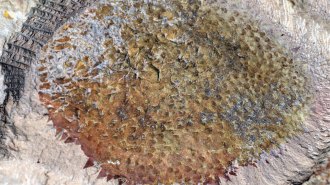 Paleontology
PaleontologyThis spiky fossil shows what early mollusks looked like
The fossil, plus 17 others from more than 500 million years ago, reveal that early mollusks were slug-like creatures with prickly armor.
-
 Paleontology
PaleontologyThe asteroid that may have killed the dinosaurs came from beyond Jupiter
The Chicxulub crater, left behind by the impact, contains elemental traces that suggest the origins of the notorious projectile.
-
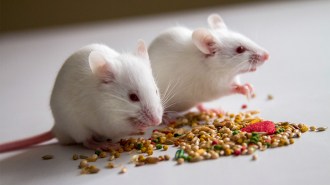 Neuroscience
NeuroscienceA hunger protein reverses anorexia symptoms in mice
Boosting levels of protein ACBP spurred the mice to eat and gain weight. It is unclear if any drugs based on the protein might help people with anorexia.
-
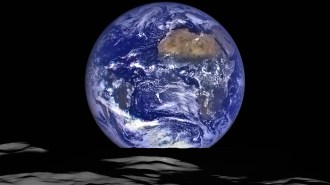 Space
SpaceScientists want to send endangered species’ cells to the moon
Climate change is threatening Earth’s biodiversity banks. It might be time to build a backup on the moon.
-
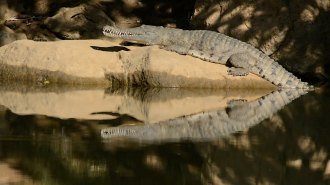 Animals
AnimalsNasty-tasting cane toads teach crocodiles a lifesaving lesson
After tasting nausea-inducing toad butts, crocodiles in Australia learned to avoid the poisonous live version. Crocodile deaths dropped by 95 percent.
-
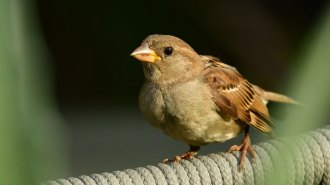 Animals
AnimalsA risk-tolerant immune system may enable house sparrows’ wanderlust
Birds that are willing to eat seed spiked with chicken poop have higher expression levels of a gut immunity gene, a new study finds.
-
 Animals
AnimalsA frog’s story of surviving a fungal pandemic offers hope for other species
Evolving immunity to the Bd fungus and a reintroduction project saved a California frog. The key to rescuing other species might be in the frog’s genes.
-
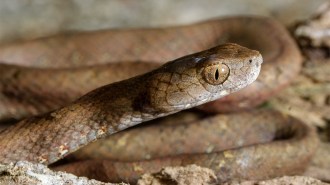 Animals
AnimalsHundreds of snake species get a new origin story
Elapoid snakes, including cobras, mambas and sea snakes, may have evolved in Asia, not Africa as many researchers once thought.
By Jake Buehler -
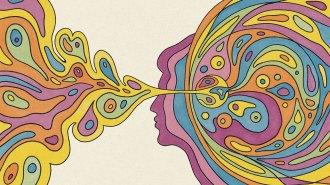 Neuroscience
Neuroscience‘Then I Am Myself the World’ ponders what it means to be conscious
Neuroscientist Christof Koch’s new book discusses how information integration in the brain leads to consciousness and whether AI will ever be self-aware.
-
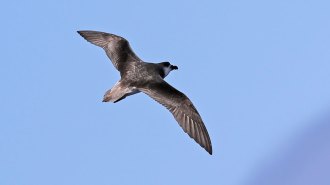 Animals
AnimalsWhy a small seabird dares to fly toward cyclones
Tracking data show that Desertas petrels often veer toward cyclones and follow in their wake, perhaps to catch prey drawn to the surface.